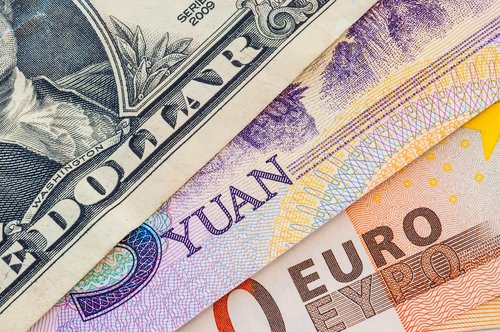Belgium (Brussels Morning Newspaper), Ahead of this week’s EU-China summit (7-8 December), the results of a pan-European survey data have been revealed
The study was commissioned by the European Council on Foreign Relations.
In a major polling round of 21 countries, including 9 EU member states (France, Germany, Italy, Portugal, Denmark, Poland, Romania, Estonia, Spain), ECFR found:
Europeans believe their countries can have good relations with both China and the US. On average (across 11 European countries polled in September-October 2023 by ECFR), 53% in Europe see having good relations with both as realistically possible – while only 19% think this is not realistically possible and that their countries would need to pick one or the other. (The latter is also a prevailing view in every European country where we have polled.)
Europeans are cool on the idea of their country deepening its economic ties with China – in contrast to middle and emerging powers. In a further decline, from previous polling on this question, ECFR found that just 29% of respondents in Europe expressed positive sentiment towards five types of Chinese economic investment or activity in their country – including if Chinese companies should be allowed to buy a major sports team, a newspaper, a tech company, or infrastructure in their country, and if they should be allowed to build that infrastructure. Majorities in emerging powers, including Saudi Arabia (64%), South Africa (58%), Brazil (52%), and Turkey (52%), expressed largely positive views towards such activity.
China has similar misgivings about Western economic presence in their country. A majority of respondents in China would find it unacceptable for Western companies to buy a newspaper or electronic media in China (57% unacceptable, 38% acceptable), to buy a Chinese tech company (59% unacceptable, 34% acceptable), or to own public infrastructure such as energy networks, bridges or ports in China (59% unacceptable, 23% acceptable).
The only kind of Western economic presence that a majority of Chinese respondents find acceptable concerns Western companies buying a major sports team in China (25% unacceptable, and 66% acceptable). And Chinese are divided as to whether Western companies should (44%) or should not (50%) be able to build public infrastructure in China, such as energy networks, bridges, or ports.
Great powers have entered a race for the markets of the future. 46% of Europeans think that China – rather than Europe or the US – will be the world leader in the production of electric cars in a decade, while 80% in China think their country will lead the EV market. 48% of Europeans believe that Europe will be a leader in the use of renewable energy. The Chinese are strongly convinced (71%) that their country leading in this market.
Of the surveyed countries, Chinese respondents were the least convinced (62%) about their country leading in the development of renewable energy technologies. A quarter of Chinese respondents said Europe would be leading on that market – which has also been the most popular view (34%) in Europe. This shows both Europeans and Chinese largely recognize the need for the two of them to cooperate on some of the most important markets of the future.
The survey report, ‘Living in an a la carte world: what European policymakers should learn from global public opinion’, was authored by Timothy Garton Ash, Ivan Krastev and Mark Leonar




